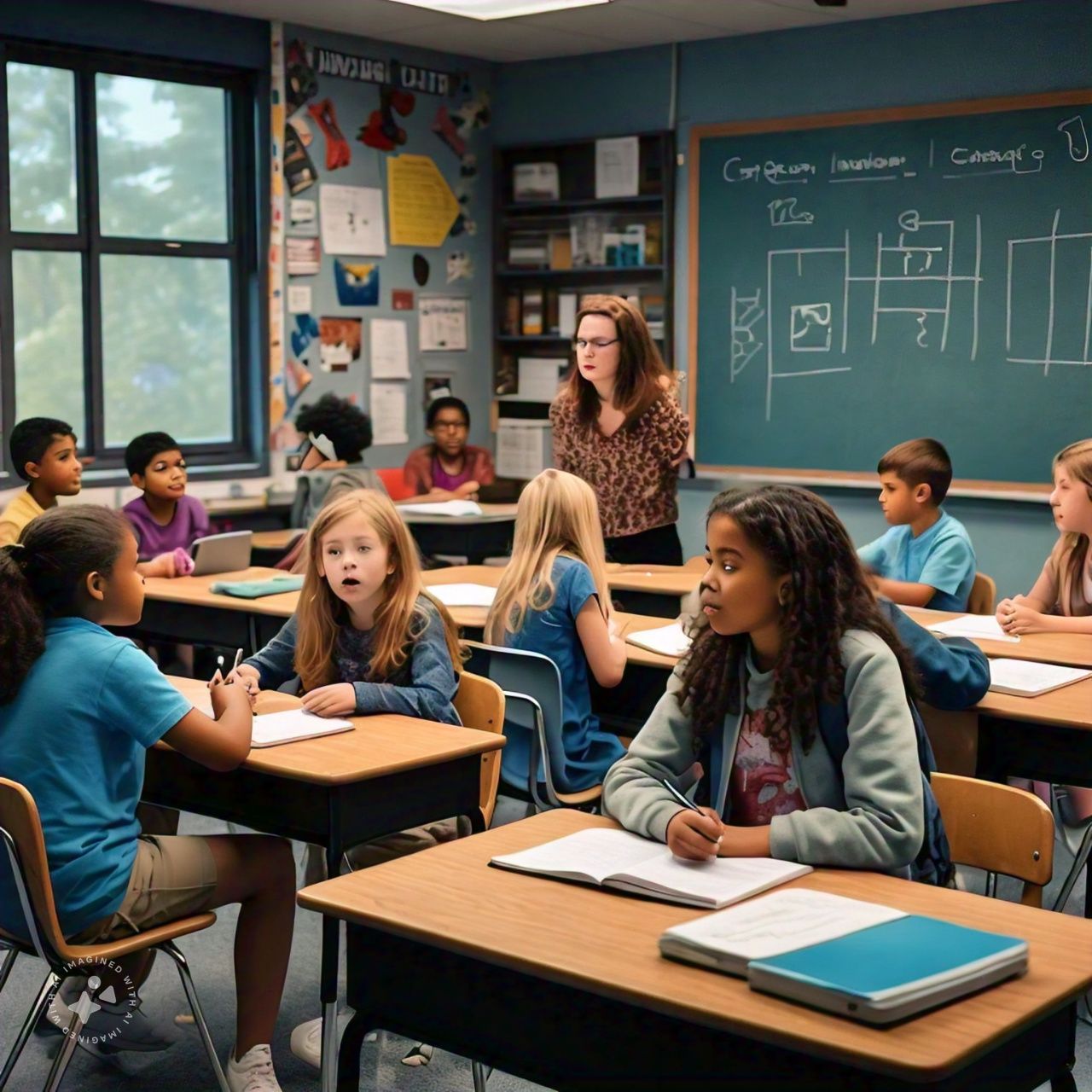Educating Generation Z (born approximately between 1997 and 2012) presents unique challenges in the 21st century due to their distinct characteristics, societal shifts, and technological advancements. Here are some of the key challenges:
- Digital Dependency and Distraction
Challenge: Gen Z has grown up in a digital world, and many have become dependent on technology for both information and entertainment. This constant connectivity, while offering access to vast resources, can also lead to distractions, shortened attention spans, and issues with focus in traditional educational environments.
Solution: Educators need to integrate technology in meaningful ways while teaching digital discipline, focusing on interactive and gamified learning tools to maintain engagement. - Overload of Information
Challenge: Gen Z is exposed to an overwhelming amount of information from the internet, social media, and online platforms. This makes it harder for them to discern credible sources, evaluate the quality of information, and develop critical thinking skills.
Solution: Teaching media literacy, critical thinking, and how to navigate and evaluate digital content is essential. - Personalization of Education
Challenge: Gen Z tends to value individualism, and many students expect education to be tailored to their specific needs and interests. Traditional one-size-fits-all approaches may fail to engage them or support their varied learning styles.
Solution: Adaptive learning technologies, project-based learning, and personalized learning plans can help address diverse needs. Providing students with options and a sense of autonomy in their learning can improve outcomes. - Mental Health and Well-Being
Challenge: Increased pressure from academic competition, social media comparison, and global uncertainties contribute to higher levels of anxiety, depression, and stress in Gen Z. The COVID-19 pandemic further exacerbated mental health challenges.
Solution: Schools need to prioritize mental health support, provide resources such as counseling, and integrate well-being programs into the curriculum. Additionally, promoting emotional intelligence and resilience is crucial. - Diversity, Inclusion, and Social Justice
Challenge: Gen Z is highly diverse and socially conscious, expecting education systems to reflect and promote inclusivity, equity, and social justice. Failure to address these issues can lead to disengagement and a sense of alienation.
Solution: Schools and educators must foster inclusive learning environments, address systemic biases, and incorporate diverse perspectives into the curriculum. Critical discussions about race, gender, and social issues need to be part of the educational experience. - Career Readiness in a Changing Job Market
Challenge: The rapid changes in technology and the job market, including the rise of automation, gig economies, and artificial intelligence, create uncertainty about the future of work. Gen Z is more entrepreneurial and concerned with acquiring practical, future-ready skills.
Solution: Education must focus on skills such as adaptability, creativity, digital literacy, and problem-solving. More emphasis on vocational training, internships, and practical experiences can help bridge the gap between school and employment. - Environmental Consciousness
Challenge: Gen Z is more environmentally conscious than previous generations and expects education to address climate change and sustainability. They want to be part of the solution to global environmental crises.
Solution: Integrating environmental education, sustainability practices, and awareness of global challenges into curricula can engage Gen Z and make their education more relevant to their values. - Hybrid Learning Models
Challenge: The COVID-19 pandemic accelerated the adoption of hybrid and remote learning, and Gen Z may now expect more flexibility in how education is delivered. Traditional classroom-based education alone may not meet their evolving expectations.
Solution: Developing flexible, blended learning models that combine online and in-person instruction can offer more customized and accessible learning experiences. This also requires investment in digital infrastructure and training for educators. - Global Citizenship
Challenge: Growing up in a highly connected world, Gen Z is more aware of global issues and diverse cultures. They often view themselves as global citizens, with expectations for education to address international perspectives and collaboration.
Solution: Curriculum content should include global issues and cross-cultural competencies, preparing students to navigate a globally interconnected society. Opportunities for virtual exchanges and collaborations with students from different countries can foster global citizenship. - Ethical Use of Technology
Challenge: With the rise of artificial intelligence, data collection, and privacy concerns, Gen Z faces unique ethical dilemmas related to technology. These issues are often underrepresented in traditional curricula.
Solution: Teaching the ethical use of technology, data privacy, and digital rights is crucial. Including discussions around the societal impact of technology can help Gen Z make informed decisions and use technology responsibly.
Addressing these challenges requires a proactive and flexible approach in education that recognizes the unique qualities of Generation Z and prepares them for a rapidly changing world.
